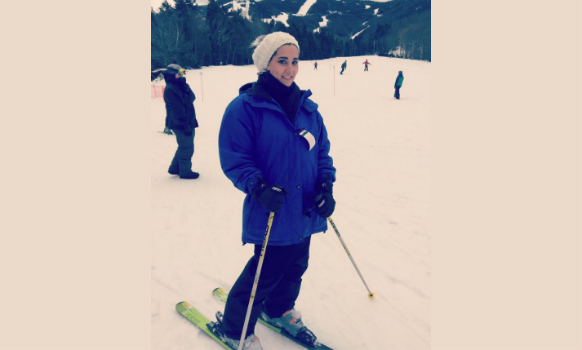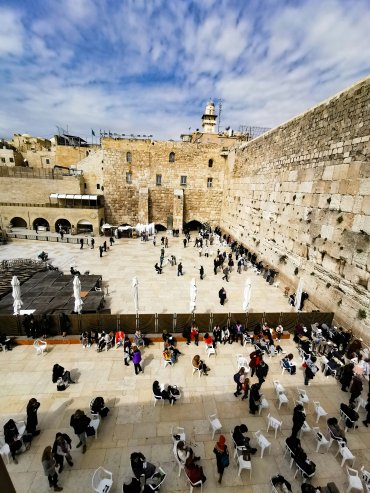Who Will Bury the Last People?
My four year old daughter asked my husband a pretty smart question yesterday (if I do say so myself). They were learning the weekly Torah portion from a children’s book and had skipped ahead to the parsha where Jacob is being carried out of Egypt by his sons to be buried in Israel.
There was a picture of a coffin in the book, and my daughter wanted to know what was in the box. My husband explained that after you die, the family that’s left buries your remains, because although your soul goes back to G-d, your body stays here in this world. She was fine with all that. Not a problem. What bothered my daughter, though, was “who will bury the last people?” Like at the very, very, very end of planet Earth, who will bury those people?
What I like about the question, is that my daughter is thinking about the logical conclusion to the situation. What is this all leading up to? What will happen at the end of the end? My question to all the readers out there is – are we looking at the choices we make in our lives and asking what they are leading up to? What will anything we do mean at the very end? Will our acts live on in another place or simply cease to exist like the bodies we will leave behind? If a child is able to consider the possibility of what the very end will look like, we certainly should too.
If you found this content meaningful and want to help further our mission through our Keter, Makom, and Tikun branches, please consider becoming a Change Maker today.








2 comments
Sort by
Wow! I don’t think I would have thought of that…who will bury the last people? How old did you say she was…4 years old?
Ive often thought about this question and the only answer that I noticed in the Torah that would apply should such a situation occur is the Hakadosh Barochu will bury the last people as he buried Moshe Rabeinu at the end of his life when he allowed the children of Israel to go into the land but Moshe Rabeinu was only allowed to see the land and not to enter it. It was G-d himself who buried Moshe and that is what is left when the last people are left. Ishtebach Shemo Baaro Olam.